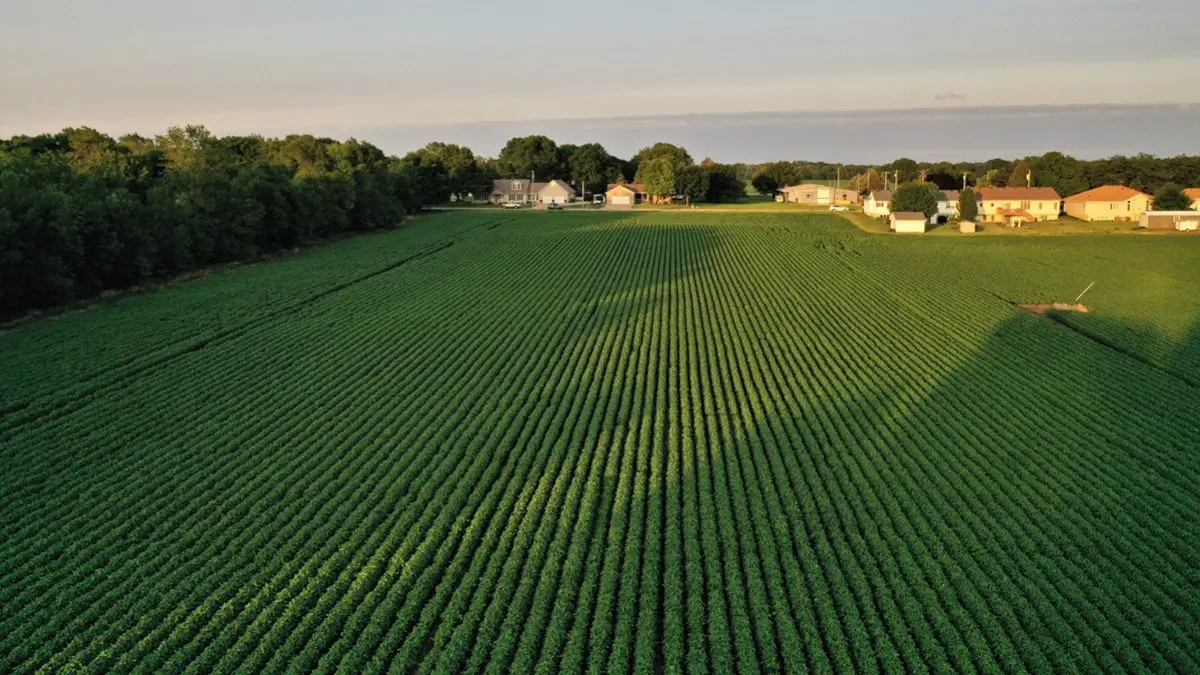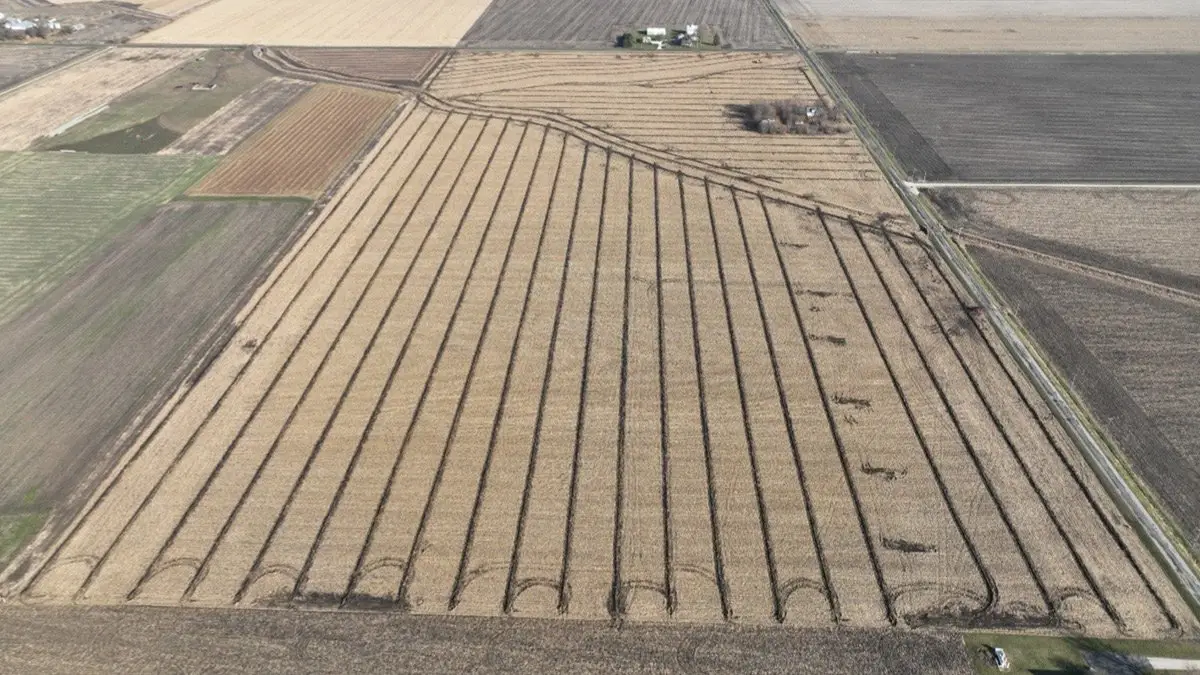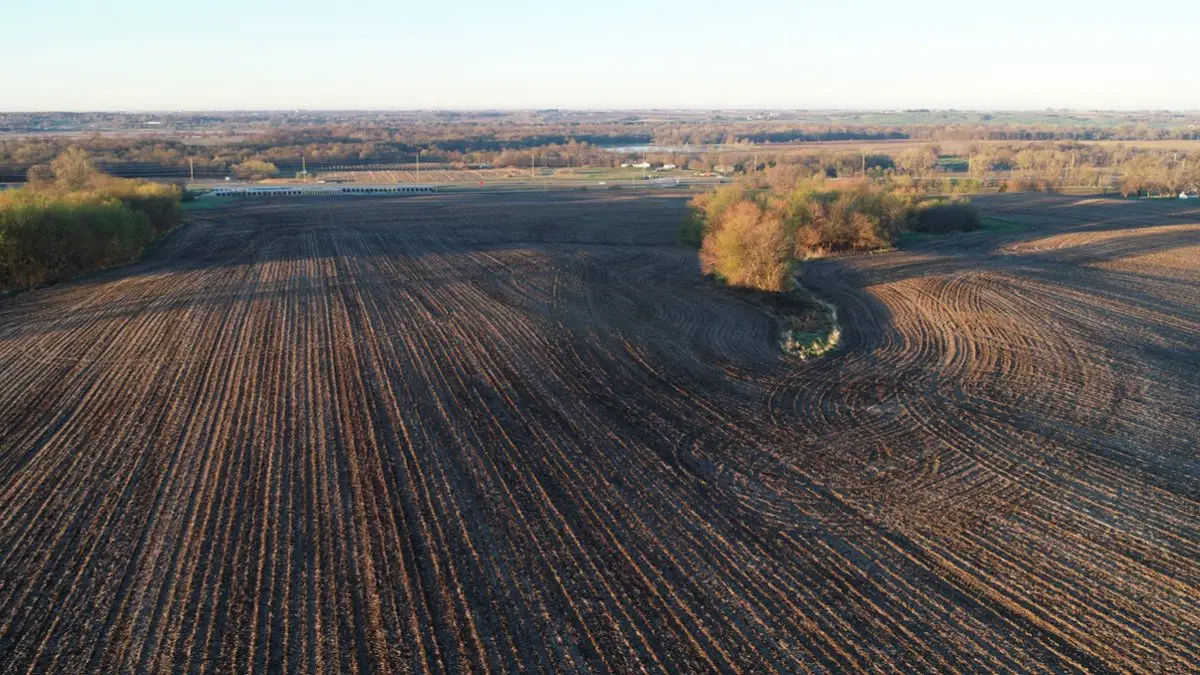
Farmland is a unique asset. It is a great hedge against inflation, there are generally fewer issues than residential and commercial properties, and you get to enjoy a little slice of heaven. In fact, farmland has been one of the best performing asset classes over the previous 20 years. With all of this considered it is not a surprise that we have seen more and more people interested in buying dirt. Therefore, it is important for buyers and sellers to understand the potential nuances of an Agricultural Real Estate Purchase Agreement. Typically, the main question is “what is the purchase price?” Buyers and sellers can become fixated on the numbers, but the parties need to carefully consider the agreement as a whole when buying and selling farmland. Although not comprehensive, Agricultural Real Estate Purchase Agreements often need to address due diligence of the property, Seller’s rights being conveyed, and water rights, if any.
In an Agricultural Real Estate Purchase Agreement there is typically some form of a due diligence period or feasibility period. The due diligence period allows the buyer to perform certain activities on the property, review title issues, leases, easements, any other matters effecting the property before taking ownership. If the buyer discovers any issues with the property the buyer typically has the ability to terminate the agreement, abate the purchase price, or request the seller to cure the issue. Although the specific terms will be negotiated between the buyer and seller prior to entering into the agreement, there are certain matters that should be addressed in the due diligence clause: 1) who is allowed to enter onto the property during the due diligence period; 2) what activities are permitted when performing due diligence; 3) what are the protections from liability during the due diligence period; and 4) who owns the reports created as a result of the buyer’s due diligence.
First, it is important that the parties outline who is allowed to be on the property to perform due diligence. Typically, a buyer will need to allow for buyer’s agents and contractors to enter the property. A buyer does not generally have the equipment or expertise to perform all due diligence activities. A buyer will generally hire independent contractors or have their agents assist through this process. To avoid potential liability and issues, the buyer and seller should be aware of who is expressly permitted to enter the property.
Second, it is important to state what due diligence activities are permitted on the property. Is the buyer allowed to do any invasive testing? Is the buyer allowed to test personal property, irrigation equipment, irrigation engines, etc.? Will a Phase I be performed on the property and, if something is flagged, what is the process of performing a Phase II? Being explicit in the agreement can alleviate potential issues between buyers and sellers. Although not comprehensive, the above questions should be considered when negotiating the agreement.
Third, it is important for the seller to be protected for the due diligence activities performed on the property prior to closing. The seller should consider requiring the buyer to obtain liability insurance and name the seller as an additional insured. Alternatively, or in combination, the buyer may agree to indemnify the seller for buyer’s activities. If a tenant is in place, the seller should also require the buyer to abide by the terms of the lease and not interfere with the tenant’s rights.
Lastly, considering there will be multiple reports created by the buyer, buyer’s third-party contractors, and buyer’s agents, the agreement should address who owns those reports in the event the agreement is terminated and whether the seller will be permitted to see the reports in the event of an objection by the buyer. The due diligence clause is a critical aspect of an Agricultural Real Estate Purchase Agreement that should be carefully considered by both parties prior to signing.
Moreover, when buying farmland, a buyer may assume they are purchasing all of seller’s interest in the property, including other assets ancillary to the property. However, the buyer and seller should be explicit as to what the seller is selling, and the buyer is buying to avoid any potential disputes down the road. For instance, does the seller own the mineral rights or have they been severed? If the seller does own the mineral rights, are they being transferred or retained? More importantly, if the mineral rights have been severed the buyer should inquire into who owns the sub-surface rights and how that will affect buyer’s interest in the property. Also, the seller and buyer should be specific as to what personal property is being conveyed, if any. Title to personal property is not transferred by deed, but instead a bill of sale. If the agreement does not contemplate the transfer of seller’s interest in personal property, the buyer may be surprised to know they may not own title to the personal property at closing. The agreement should contemplate the transfer of personal property, if any, and utilize a bill of sale in addition to the deed when transferring seller’s interest to the buyer. A seller’s interest can greatly vary, and the buyer and seller should be proactive in the Agricultural Real Estate Purchase Agreement to address what seller’s interest are and what is being conveyed to the buyer and how.
In addition to addressing seller’s interest being conveyed, the buyer and seller need to be informed of the water rights, if any, associated with the sale of property. Water rights can greatly vary by state to state, and it is important to understand the laws and regulations prior to entering into the agreement. Certain states allow for water rights to be severed from the real estate, allow for multiple owners of a single water right, and differ between riparian rights, prior appropriation, and absolute ownership. The Agricultural Real Estate Purchase Agreement should address these matters and also the transfer of water rights. A buyer will want to ensure that the seller has not caused the water rights to be abandoned, forfeited, or reduced, and that there are no pending regulations, orders, or legislation that may affect the buyer’s use of the water right.
No piece of agricultural real estate is the same; therefore, each Agricultural Real Estate Purchase Agreement will have its own unique nuances that need to be considered. Although there are other nuances a buyer and seller should consider, each party should be careful to fully understand the complexities surrounding the specific real estate being transacted. Understanding and addressing due diligence, the interest being conveyed, and water rights is important to avoid any confusion or issues after signing the agreement. As previously mentioned, most buyers and sellers focus on the purchase price; however, the nuances previously mentioned can sometimes be even more important than the price listed in the agreement.
This article has been prepared for informational purposes only. It is not a legal opinion; it does not provide legal advice for any purpose; and it neither creates nor constitutes evidence of an attorney-client relationship. Please contact your attorney for advice regarding your specific situation.








